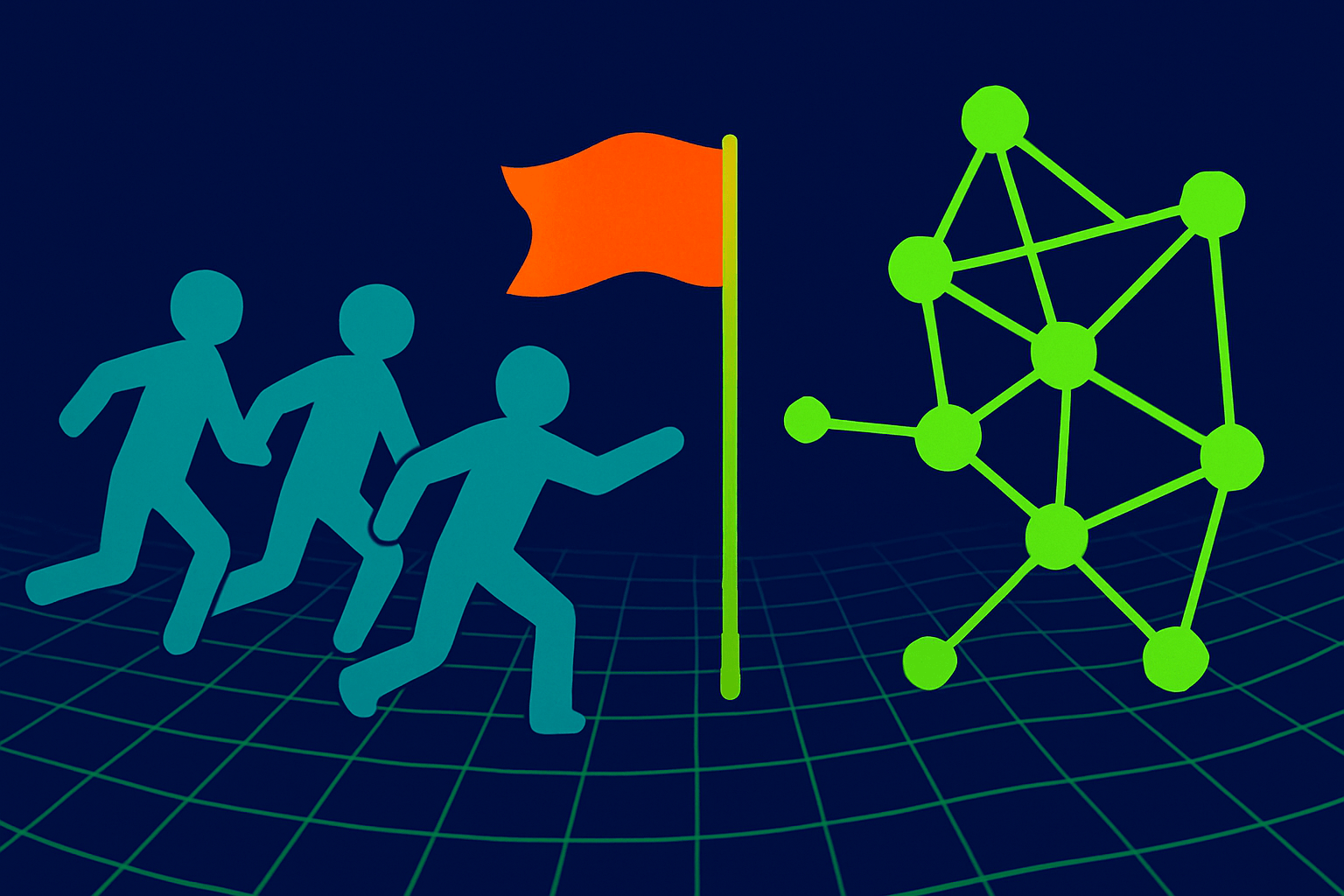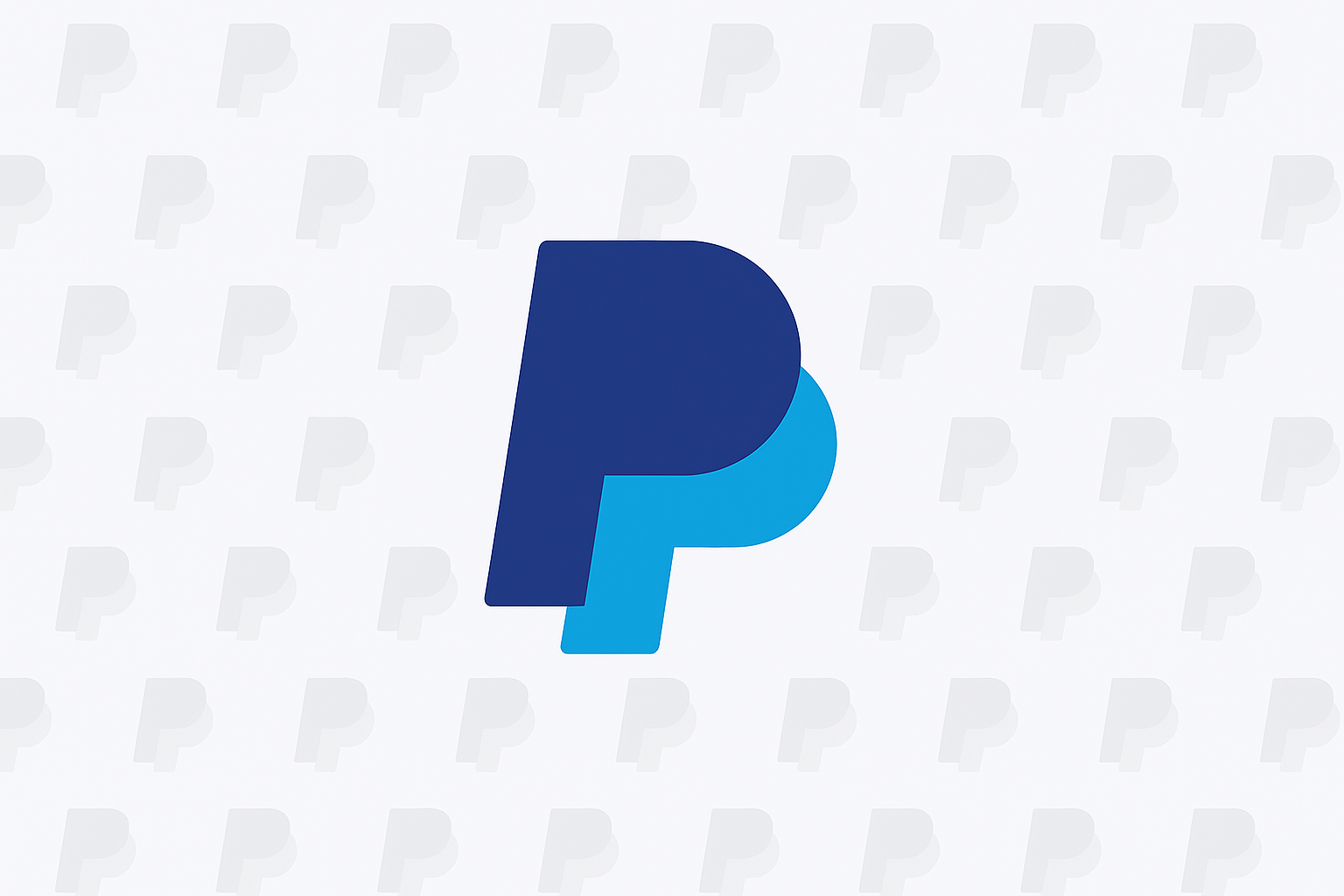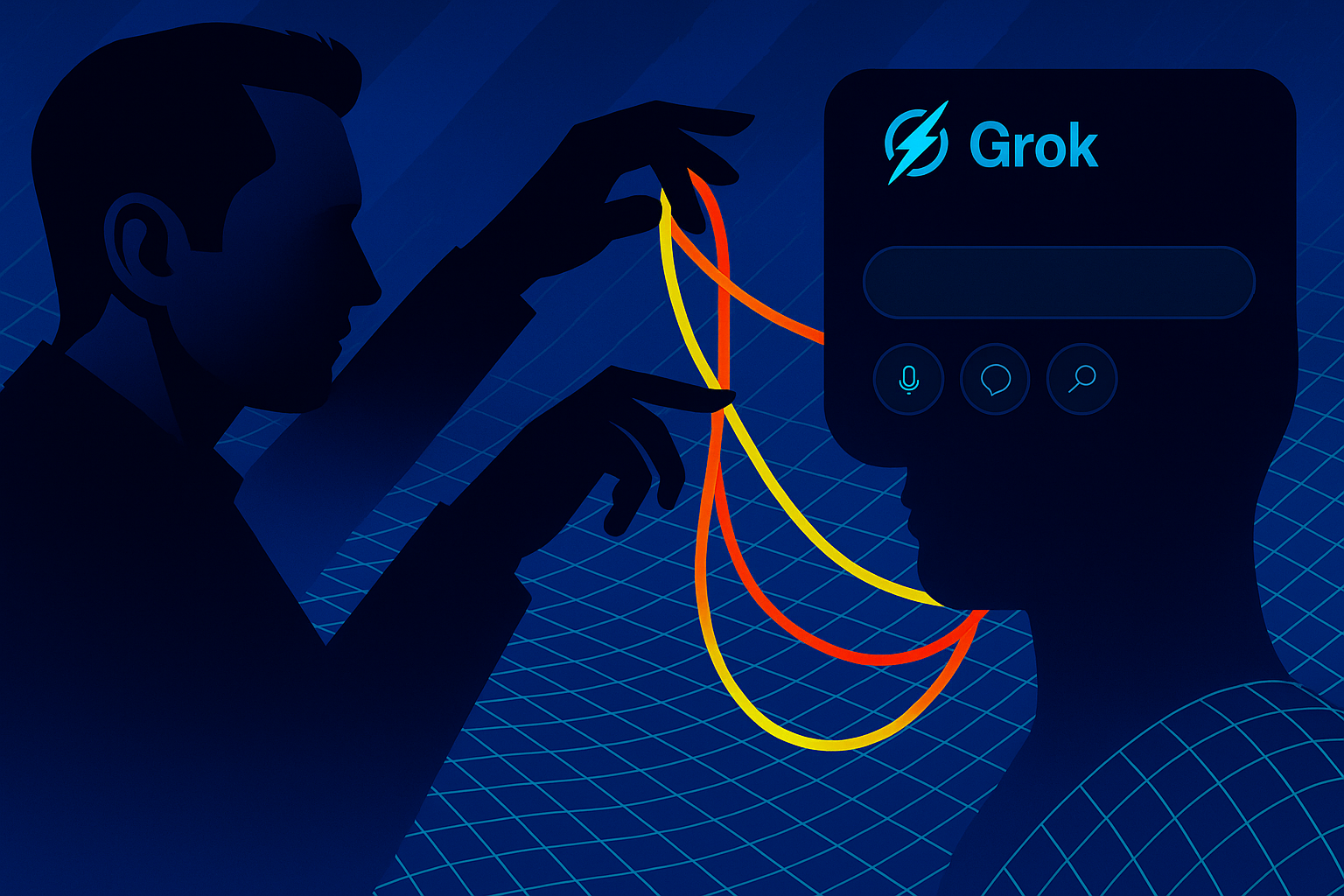ARTICLE AD BOX
OpenAI has updated ChatGPT to make its responses more consistent and reliable during sensitive mental health discussions.
The changes target three areas: psychotic or manic symptoms, suicidal thoughts and self-harm, and emotional dependence on AI. According to OpenAI, the share of non-compliant responses has dropped by 65 to 80 percent, depending on the topic. More than 170 experts in psychiatry, psychology, and medical care were involved in the process.
Testing shows substantial progress. For psychosis-related prompts, rule-following jumped from 27 to 92 percent. Suicide-related responses improved from 77 to 91 percent, and compliance for emotional dependency issues climbed from 50 to 97 percent. External experts reviewed over 1,800 model outputs. On average, GPT-5 generated 39 to 52 percent fewer problematic answers than GPT-4o. OpenAI also reports that the updated model is now over 95 percent reliable even in longer, more challenging conversations.
ChatGPT now points users more directly to mental health resources and makes it clear that it isn't a substitute for real human relationships. This marks a shift from OpenAI's earlier push to make ChatGPT more empathetic and human-like. A leaked strategy paper from January 2025 even described "interactions with real people" as competition for ChatGPT in the company's efforts to create a "super assistant."
Ad
THE DECODER Newsletter
The most important AI news straight to your inbox.
✓ Weekly
✓ Free
✓ Cancel at any time
This underscores a real dilemma for OpenAI. The company wants ChatGPT to promote psychological stability and safety, but many users are drawn to the kind of human-like interactions that can be risky, especially for people in crisis. At the same time, building a more "sticky" product—one that users feel emotionally attached to—can drive engagement and success.
OpenAI now has to walk a fine line, balancing psychological safety and responsible system behavior with intense pressure to scale quickly and turn users into paying customers.
How many people are affected each week
These kinds of conversations are still rare, but the numbers add up. OpenAI estimates that about 0.07 percent of weekly active users show signs of psychosis or mania. Suicide or self-harm indicators, and signs of emotional dependence, appear in about 0.15 percent.
With roughly 800 million users every week, that means about 560,000 people could show psychotic symptoms and 1.2 million could show suicidal tendencies or emotional dependence every week.
OpenAI cautions that these numbers are rough estimates and that risk categories overlap. But the scale makes clear why better safety systems matter.
Recommendation
Why chatbots can pose mental health risks
As chatbots like ChatGPT become more common, their psychological impact is under growing scrutiny. Experts warn that there are real risks, especially for people struggling with mental health issues.
Emotional dependency is one of the main concerns. Heavy, ongoing use can lead people to treat ChatGPT as a replacement for real social contact. Research shows that users who describe ChatGPT as a "friend" are more likely to form emotional attachments, which can sometimes harm their well-being.
Another risk is that chatbots can reinforce false beliefs, especially when users interact with them alone and without human input. This can worsen pathological thinking in people prone to delusions. Danish psychiatrist Søren Dinesen Østergaard has seen a sharp rise in such cases, and is calling for more research and clear guidelines on how to manage AI in mental health care.

 9 hours ago
1
9 hours ago
1



